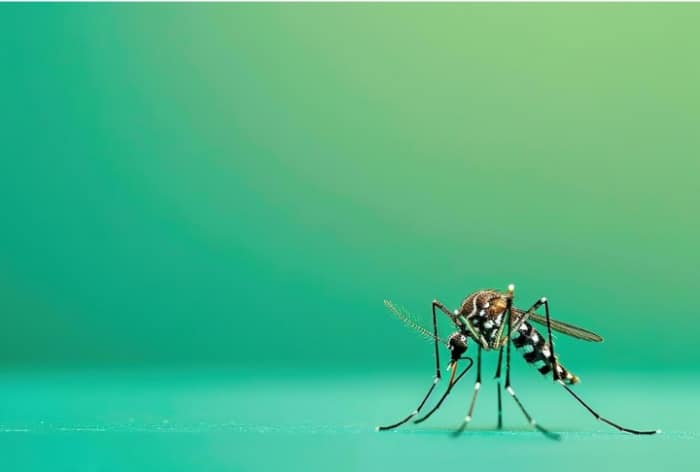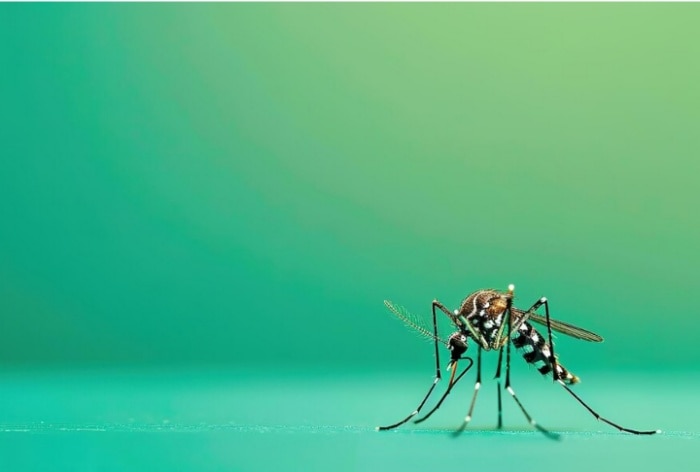Dengue and zika virus tend have similar symptoms. So, how do we exactly differentiate between the two? Expert shares details about the difference in signs and treatment.

Zika virus, and dengue cases are constantly rising in several states. Both are vector borne diseases that get transmitted mostly due to bite of a mosquito. Both of these diseases can turn fatal when not treated well on time. These tend to show similar signs and symptoms. Therefore, how can one differentiate before getting tested? India.com got in touch with Dr. Vivek Hittinahalli M.D (Microbiology) Apollo Cradle and Children’s hospital, Bengaluru who further explained the different and shed light on the symptoms and treatment further required.
Dengue and Zika are two distinct diseases transmitted through the bite of a vector mosquito most commonly Ae aegypti. While dengue typically presents as a high fever with severe headaches and joint or muscle pain, zika causes mild fever with rash and conjunctival inflammation. Dr. Hittinahalli says, “The worrying factor is that Zika is significantly hazardous for pregnant ladies, as it can lead to birth defects in the newly born babies. Despite the similarities in spreading modes and some of the symptoms, the two are different in many ways, and differentiation should be done for proper treatment and diagnosis.”
How does transmission of these viruses happen?
Zika and dengue viruses are flaviviruses mainly spread through Aedes mosquitoes, especially Ae aegypti. These mosquitoes are most effective during daylight hence requiring protection in daytime. While both diseases use the same mode of transfer by the Aedes aegypti mosquito, Zika can also be spread through sexual contact, blood transfusion, and from mother to child during pregnancy, unlike Dengue.
What are the Symptoms?
Zika Virus:
- Mild Fever: Usually lower than that of dengue fever.
- Rashes over the body are present in many cases.
- Eyes inflammation or conjunctivitis, especially the red discharge
- Mild joint and muscle pains will be experienced
- A slight headache is also a common symptom
Dengue:
- High fever with temperatures reaching up to 104°F or 40°C
- Headaches, particularly in the area of the eyes or on the temples.
- Severe joint and muscle pain also known as “breakbone fever” because of the severity
- The rash might develop a few days after the onset of the fever
- Nausea and Vomiting are common in many dengue cases
What are the complications?
Zika Virus: Zika virus is known to cause microcephaly and other severe brain developmental abnormalities in unborn children that are caused if a pregnant woman is infected. Zika has been associated with Guillain-Barré Syndrome, a rare condition in which the body’s immune system attacks the nerves, potentially leading to paralysis.
Dengue: Dengue Hemorrhagic Fever and Dengue Shock Syndrome is a life-threatening condition that results in extremely low blood pressure, spontaneous bleeding, leakage of blood plasma, and decreased platelet count.
Treatment Approach: Management of both Zika and Dengue focuses on relieving symptoms. For Zika taking rest, drinking enough fluids, and pain relievers such as acetaminophen are recommended. For Dengue staying hydrated is most important and pain relievers can help ease high fever.
Furthermore, a dengue vaccine has been developed and is being deployed in some countries, so the burden of such severe disease will be reduced vastly.
Prevention: The preventive measures for both diseases thus centre on avoiding mosquito bites. Also, keep off stagnant water, and apply mosquito repellents. Have sleeved clothes. Most importantly, precautions like avoiding instances of mosquito breeding should be taken with even higher concern among pregnant ladies.
Although Zika and dengue are similar in many aspects of their signs and how they spread, there are distinctions regarding the symptoms, effects of the virus, and how it is transmitted. The most important thing that can significantly improve patients’ outcomes is the accurate differential diagnosis with the help of specific tests to avoid complications in management.

